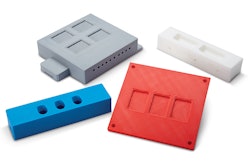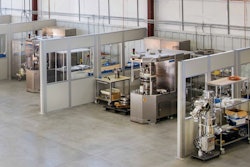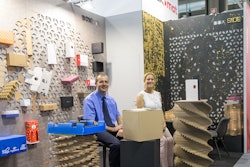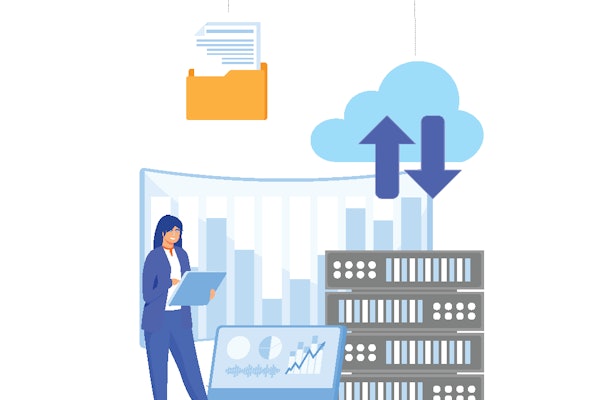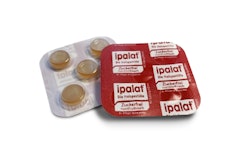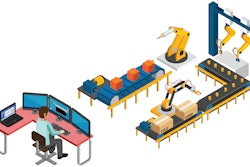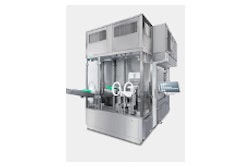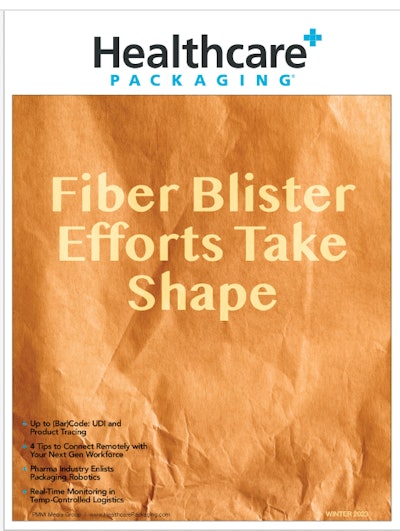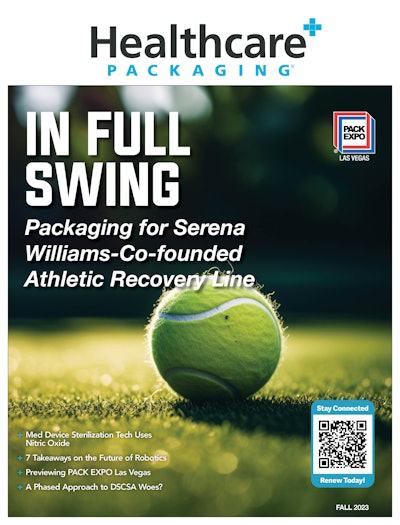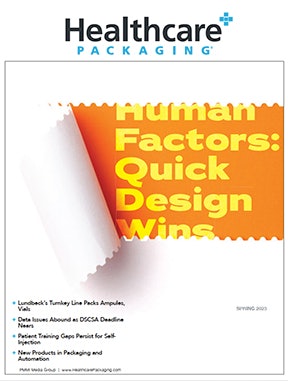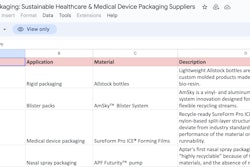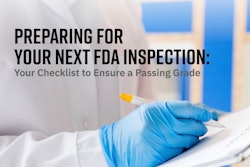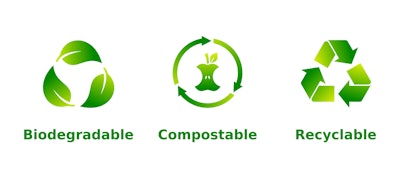
“We want to make sure that what we put on the shelves is as good for the planet as the products that we put inside those packages are for our bodies, and for our health,” said New Hope’s Content Director, Fran Schoenwetter, at Natural Products Expo East in late September.
Schoenwetter was moderating a panel discussion on reimagining packaging and sustainable options, and she added, “Packaging is a necessity in the industrial space that we're in, and it's also equally a challenge because we're a value-based business.”
Read what the panel professionals had to say about their organization’s current efforts:
Tony Rossi, EVP, Business Development, TerraCycle & Loop at TerraCycle
TerraCycle is a mission driven company that operates in 22 countries around the world to eliminate waste. Rossi said the company is made up of five main pillars, three of which make up the majority of the business, and two emerging.
The first and the oldest pillar is the recycling business, said Rossi, “We are a recycler. We collect and recycle products and packaging that are not municipally recycled today. And that's a very key point. We are not your solution for aluminum cans, or PET bottles, or uncoded corrugate paper.” Rossi said TerraCycle focuses on products and packaging that would end up in landfills or incinerators. And the ability to provide a recycling solution is not through technical breakthrough, but economics, by utilizing stakeholders such as manufacturers, offices, retailers, and consumers, to help subsidize deficits in the value of materials that are recycled vs. new.
The second pillar uses recycled material to create new products and packaging by either converting material that's coming back to TerraCycle, or by cleaning an area and bringing back material, converting it into a new format, and working with companies to make the packaging that they use in their supply chain. “This business is emerging,” said Rossi, “it's growing. We did a recent launch with pilot pens in Japan and with Europe, as well as a big retailer in Japan, where we made their pens and shopping baskets from plastic that was recovered in oceans and waterways from around the world.”
Loop, the third pillar, is a platform for re-usability. Working with brands both large and small to help them transition from single use packaging into reusable packaging, some key retailers around the world are now allocating shelf space in their stores to reusable product packaging that is brought back to the store, picked up, cleaned, sanitized by Loop, and then sent back to the manufacturer.
The fourth pillar is a diagnostic innovation hub which will be launching in 2022, and the final pillar is a non-profit foundation for developing economies – currently operating in Thailand and expanding into India next year – to assist with issues of waste management and litter.
 | Watch this video on refillable deodorant systems. |
Laura Dickinson, Co-Founder of One Step Closer
“How do I get my packaging out of landfill? How do I match the integrity of my product with the packaging itself?” These are questions asked by One Step Closer, the organization that focuses on compostable, renewable, and recyclable packaging options.
Speaking about flexible film, Dickinson said compostable as a goal has been elusive, but “we're getting one step closer all the time. With rigids, you're much better off with recyclable or reusable, but flexible is a big, big part of our industry. So, when you look at the circular economy, you can see that done right, this is actually a regenerative opportunity if we can get to compostable.”
“We've come together,” she continued, “brought about eight different kinds of film structures over the last three or four years across 25 brands, testing and learning, doing shelf studies, composition studies, to try to more rapidly understand which technologies in which kinds of films work best in compostable environments. One of the things that we've found is that compostable is making progress, and it is commercially viable…in terms of compostable films that are ideal, you can look at a lot of different stick packs, pouches, and shrink sleeves that are coming online for bottles.”
One Step Closer is also a co-founding company of the Packaging Collaborative, which addresses resources needed by the industry, focusing on innovation, knowledge, and connections. Dickinson described the organization as a, “trusted network of values aligned CEOs and leaders, working together to support each other and address some of the greatest challenges facing food, agriculture and our planet.”
The Packaging Collaborative is launching a Packaging Innovation Portal in December, a free resource on:
● Viable packaging materials
● Packaging innovation submission platform
● Retail + CPG trends
● Consumer insights
● 101 Documents and turnkey frameworks to support your packaging journey (ie. Supplier policies, material roadmaps, LATIS tool)
● White papers + LCA data
● List of key resource partners across the packaging system
● Discussion board to connect with industry experts and peers
● Packaging commitments, policy/ballot initiatives and pathways to action for companies to take.
“OSC formed the Packaging Collaborative to remove petroleum-based plastic from landfills, oceans, and our planet by securing compostable and renewable flexible film structures with appropriate barrier qualities,” said Dickinson. “Today, the Packaging Collaborative is comprised of over 40 leading companies in the natural products industry. We believe that the best way to address packaging is to share our learnings and steer the industry towards leading-edge solutions.”
 | Read this story on accelerating speed to market for new food and beverage products. |
Ethan Soloviev, Chief Innovation Officer, How Good
Soloviev posed the question, “How do we get to where there's a net positive impact on everything that we do? What would that look like for packaging to not just get to zero, but to have a net positive impact on the whole ecosystem?” His answer: More data and better visibility to see the impact of the packaging we use.
How Good curates the world's largest product and ingredient sustainability database with over two million products that are assessed across 247 different sustainability attributes. How Good works with some of the world's largest brands and retailers to help them understand the impact of their products, and to get suggestions on how to improve both ingredients and packaging.
Thomas Oppel, Executive Vice President, American Sustainable Business Council
The American Sustainable Business Council is network of almost 250,000 businesses in the US, who are committed to moving toward a circular economy, including diversity in the workplace, and raising the minimum wage. “We are committed to tackling climate change,” said Oppel, “and we've taken on infrastructure, which is packaging as well as mass transit, among other things, as part of our mission.” Essentially what we believe is that business must have a voice. That business can speak loudly on behalf of the mission and the values that we all share.”
Interested in learning more about sustainable packaging? Download our FREE PDF below:
